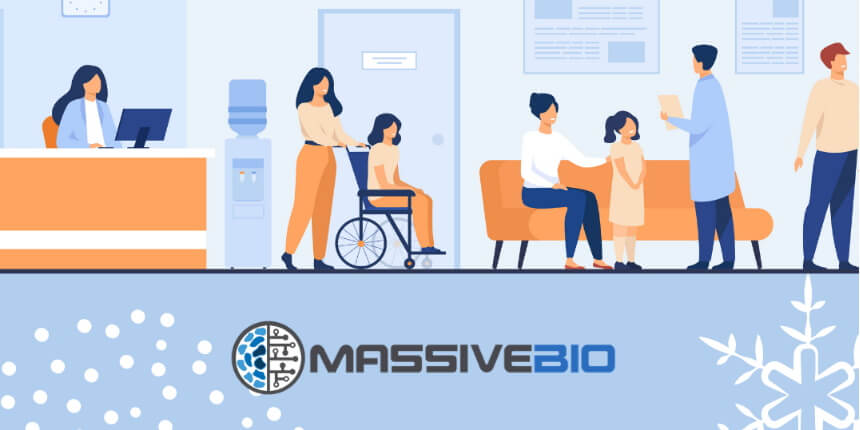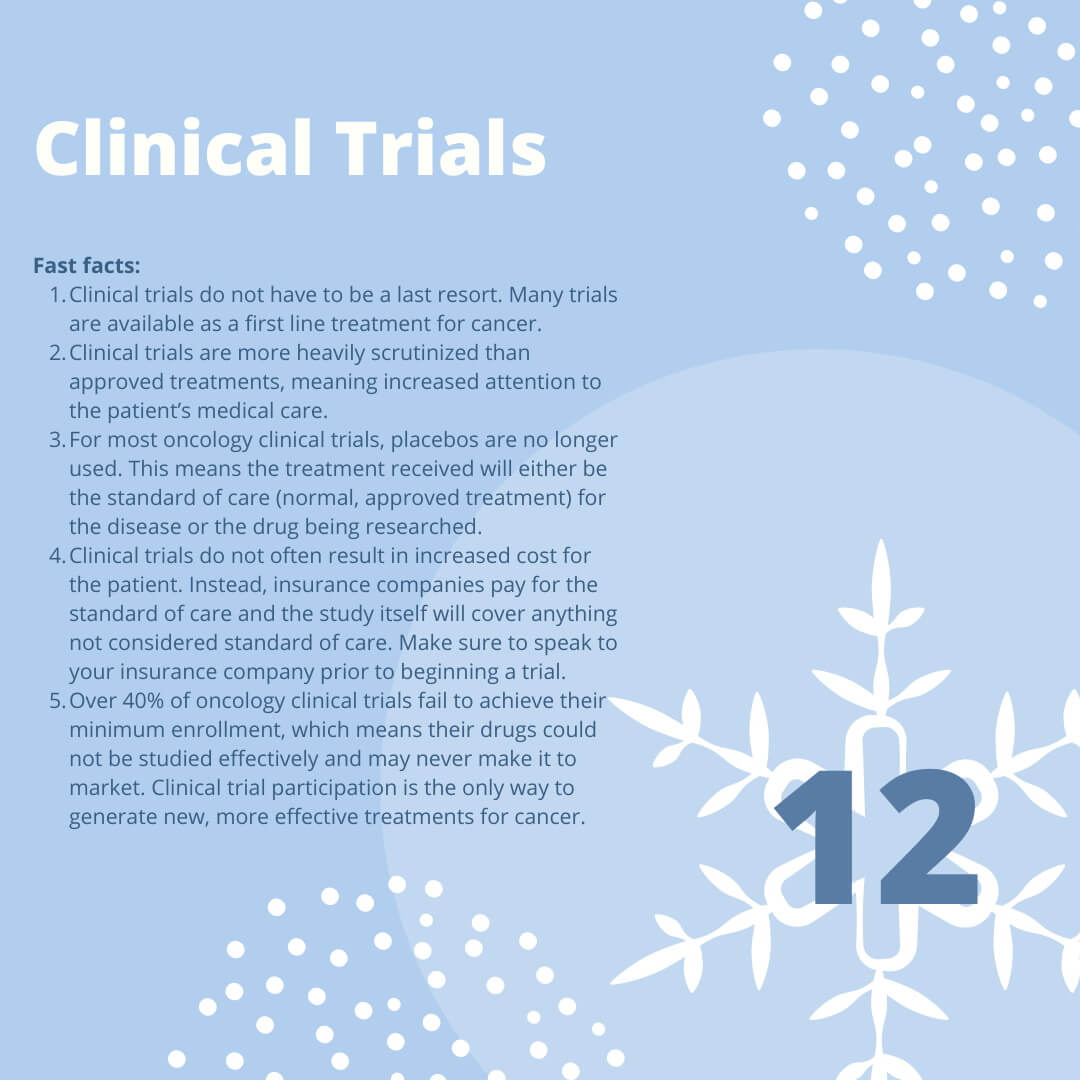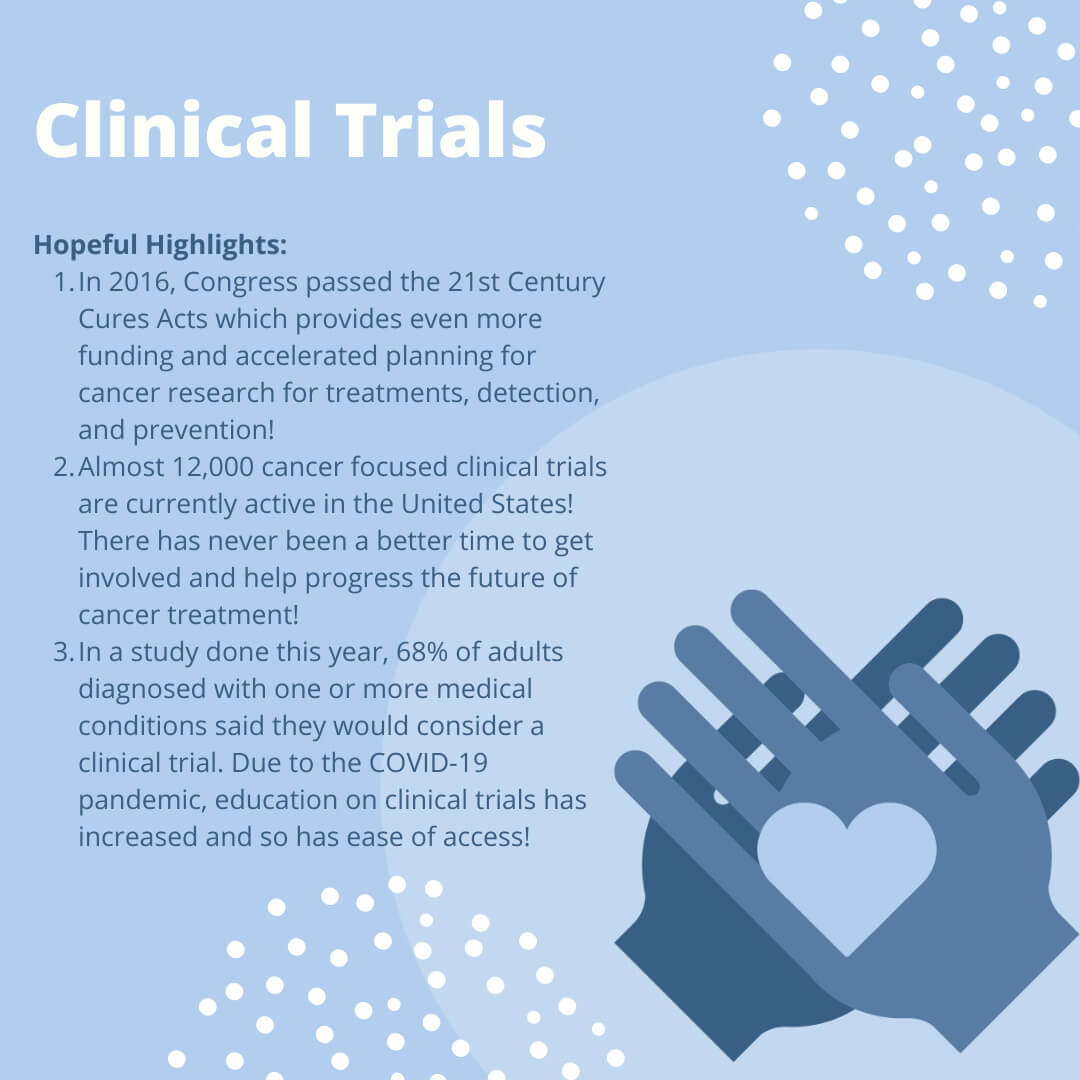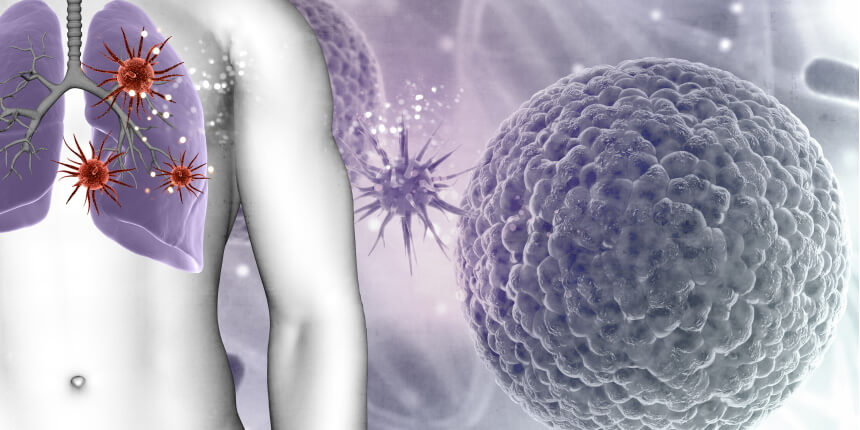Clinical Trial Enrollment
Clinical trial enrollment would help the researchers create a safe and secure place for the coming generation and prepare for the challenging environment created due to the rarest type of cancer.
In recent years, Clinical trials have allowed doctors to find unique drugs and medicine to provide treatment for the incurable condition of the human body in cancer. The study continues by observing the volunteer's behavior or testing potential drugs to improve health.









